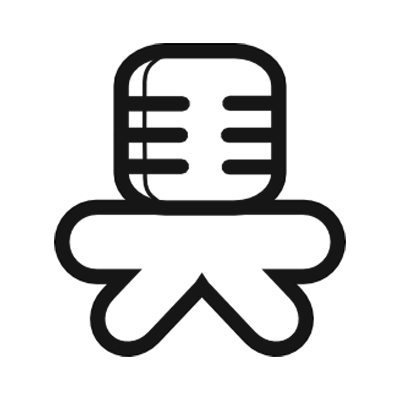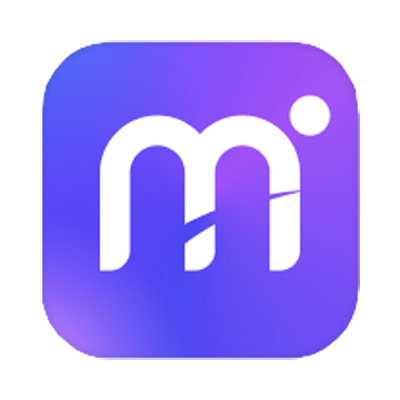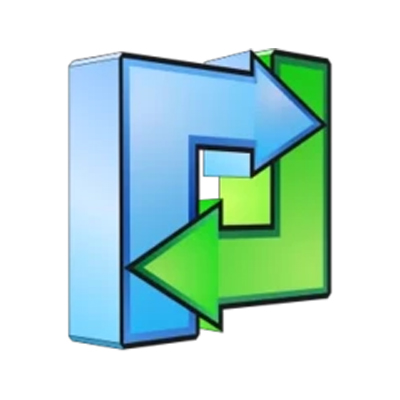The OGG file format, developed by the Xiph.Org Foundation, is a free, open container format that is unrestricted by software patents and is designed to provide efficient streaming and manipulation of high-quality digital multimedia. Originating in 1993, it was formally introduced in 2000 and has since become a popular choice for encapsulating audio data, although it is capable of handling video and text as well.
How the OGG File Works
OGG files consist of audio and other media streams compressed using a codec. The most prominent codec used with OGG is Vorbis, which provides high-quality sound and is competitive with other formats like MP3 and AAC. What sets OGG apart is its ability to stream content with less interruption and its adaptability for varying network speeds, making it a prime choice in the realm of gaming and online broadcasting.
Software Compatibility
A wide range of software supports OGG files, including well-known media players such as VLC Media Player, Winamp, and Foobar2000. Open source and cross-platform software solutions often incorporate OGG because it aligns with the philosophy of accessible and unpatented technology.
Alternatives to the OGG File
While OGG is a versatile and robust format, there are numerous alternative file formats that users can opt for. MP3, for instance, is universally recognized albeit it is lossy and patented. AAC provides better sound quality at similar bit rates compared to MP3, and FLAC offers lossless compression but results in larger file sizes. Each format has its pros and cons and suitability varies based on user requirements and the application at hand.



















